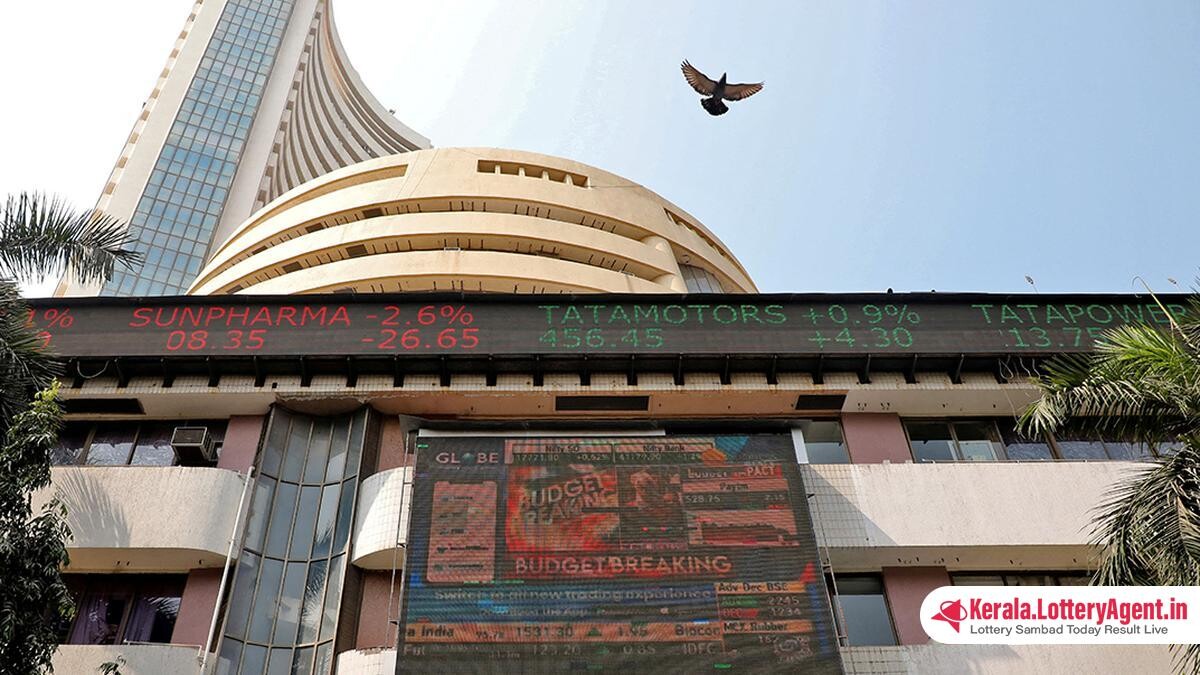
As geopolitical worries rose due to rising tensions between Iran and Israel, investors were filled with unease, sending the Indian stock market into a downtrend on April 15. The morning trading hours saw a noticeable dip in the major indices with the NSE Nifty 50 falling by 0.82% to 22,334.15, while the S&P BSE Sensex declined by 0.86%, hovering at 73,624 points as of 9:18 a.m. This descent in the stock market embraced all 13 significant sectors resulting in widespread losses. The smaller scale, yet broader sectors directed at domestic markets – the small- and mid-caps – also grappled with the uncertainty, losing approximately 3% and 2%, respectively.
This unsettled atmosphere is a direct outcome of the increasing hostility in West Asia, disrupting not only the Indian market but sparking concern across the globe. Last Friday marked a substantial decrease in the financial markets with both Sensex and Nifty 50 falling close to 1%.
The Indian Rupee faced its own challenge in the interbank forex market, weakening to trade at 83.42 against the U.S. Dollar as compared to the previous close of 83.38. Amidst the turbulent situation, Dr. V.K. Vijayakumar, Chief Investment Strategist at Geojit Financial Services, weighed in, highlighting the array of factors contributing to the day’s volatility. Factors such as escalating Middle-East conflict, alterations in the India-Mauritius tax treaty, and the unexpectedly high U.S. inflation rate have cast shadows over the markets. However, he remarks that some negative factors might already be incorporated within current prices, considering market anticipation of retaliation from Iran and pre-empting the U.S. inflation figures during Friday’s trading session.
Vijayakumar remains cautiously optimistic, suggesting that the Iran-Israel conflict is unlikely to escalate significantly and referencing U.S. President Biden’s stance against Israeli retaliation. Yet, he advises vigilance among investors due to the high levels of uncertainty that typically accompany such geopolitical events. In terms of market resilience, he notes that IT stocks may hold up well owing to positive figures from Tata Consultancy Services (TCS) and a promising fiscal year outlook for FY 25. He also forecasts strength in the banking sector due to robust earnings reports and fair market valuations.
The Sensex ultimately closed the day at 74,244.90, down by 793.25 points, while the Nifty 50 settled at 22,519.40, a 234.40 point decrease. A pervasive sell-off across varied sectors amidst fragile global market cues drove this downturn. From a technical standpoint, the Nifty 50 chart revealed a long negative candle, breaking below the immediate support level of 22,650. This formation suggests a critical top reversal pattern, forecasting further potential declines.
A similar bearish pattern is evident on the weekly chart where a small negative candle with an upper shadow indicates a reversal, pointing to a bearish stance ahead. Varun Aggarwal, the founder and managing director of Profit Idea, highlighted a silver lining noting that the market has observed support at the 22,500 level which could potentially stave off a more severe correction.
In the broader scope, Asian markets took a hit as well, aligned with the losses seen in U.S. equities, as fears over Middle East tensions loomed large. The price of crude oil remained subdued subsequent to Iran’s drone and missile strikes against Israel. Conversely, gold, often seen as a haven during times of uncertainty, rose to $2,359.92 an ounce.
Investors worldwide are keeping a close watch on the ongoing geopolitical developments and their impact on the global financial arena as markets open for trading. With the current unfolding events in the international arena, Indian stocks are expected to navigate through periods of significant volatility, echoing the pervasive sentiment across global markets.












